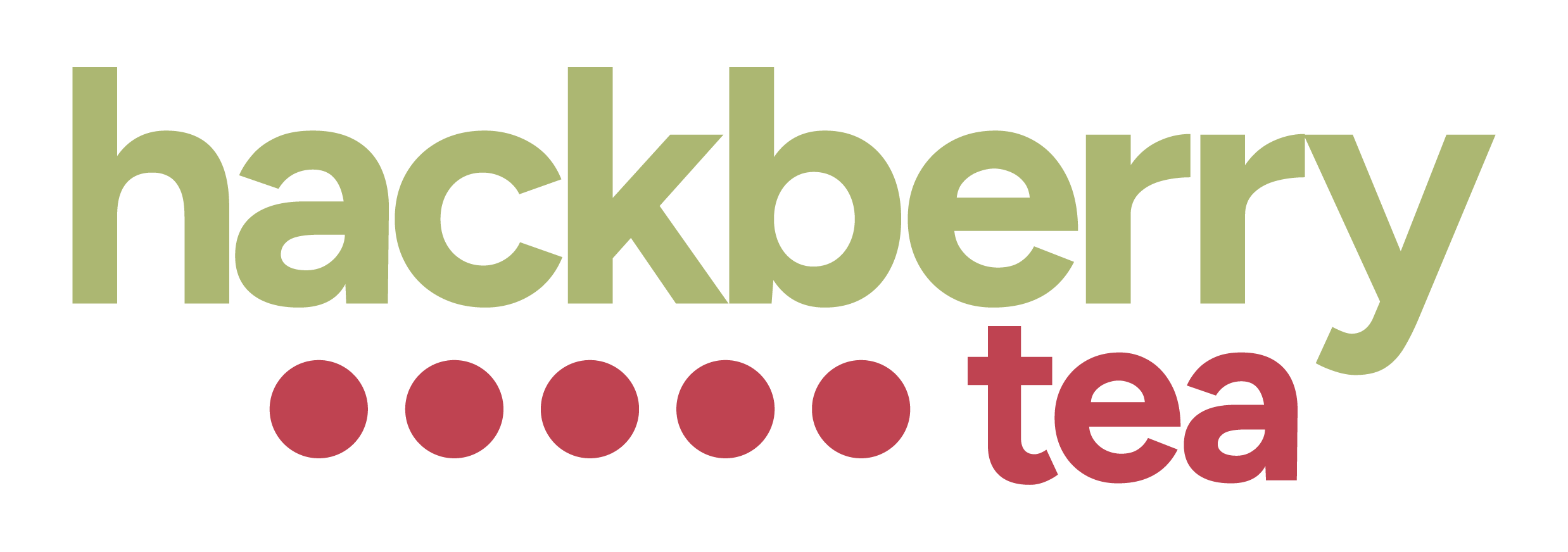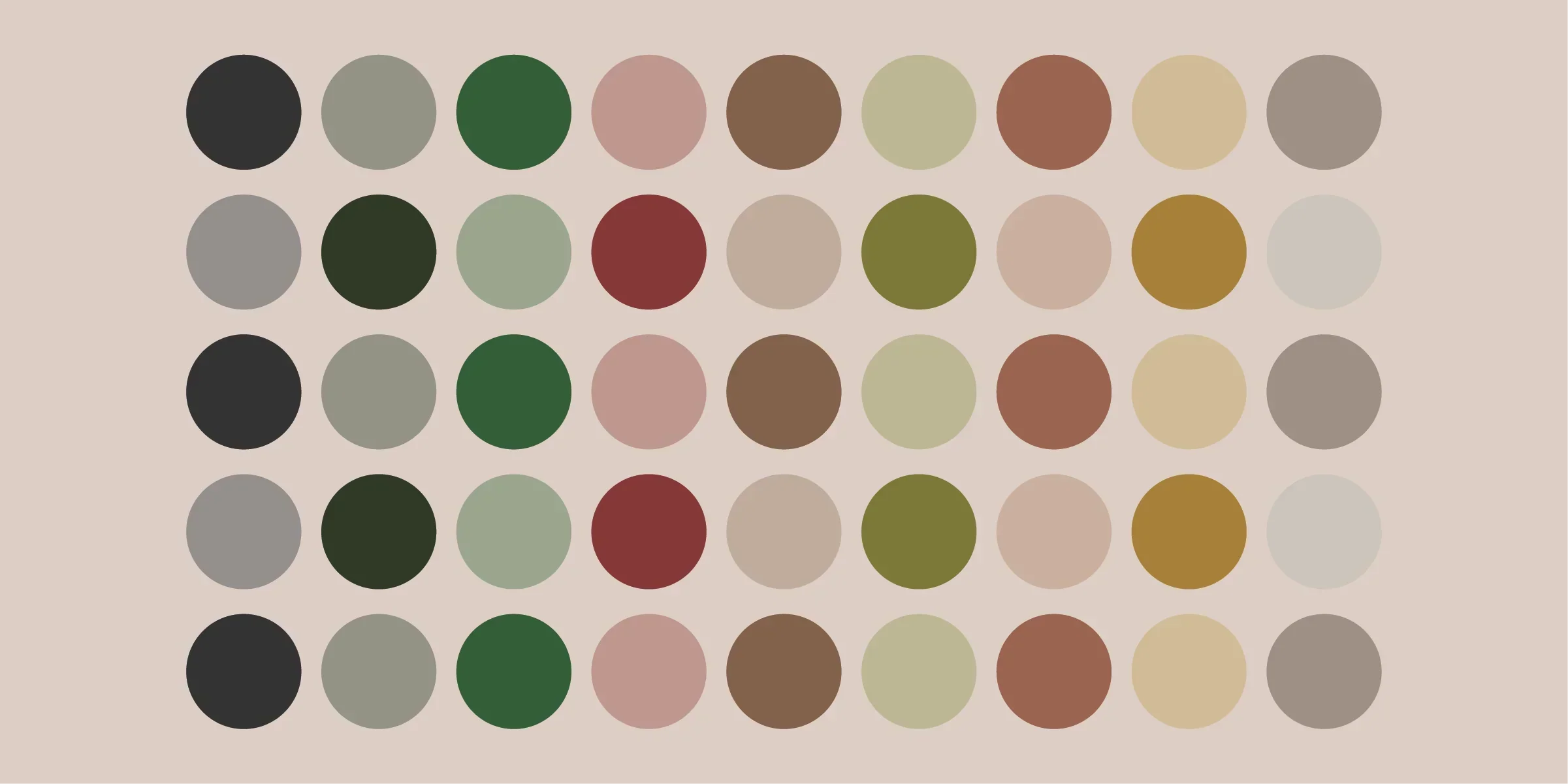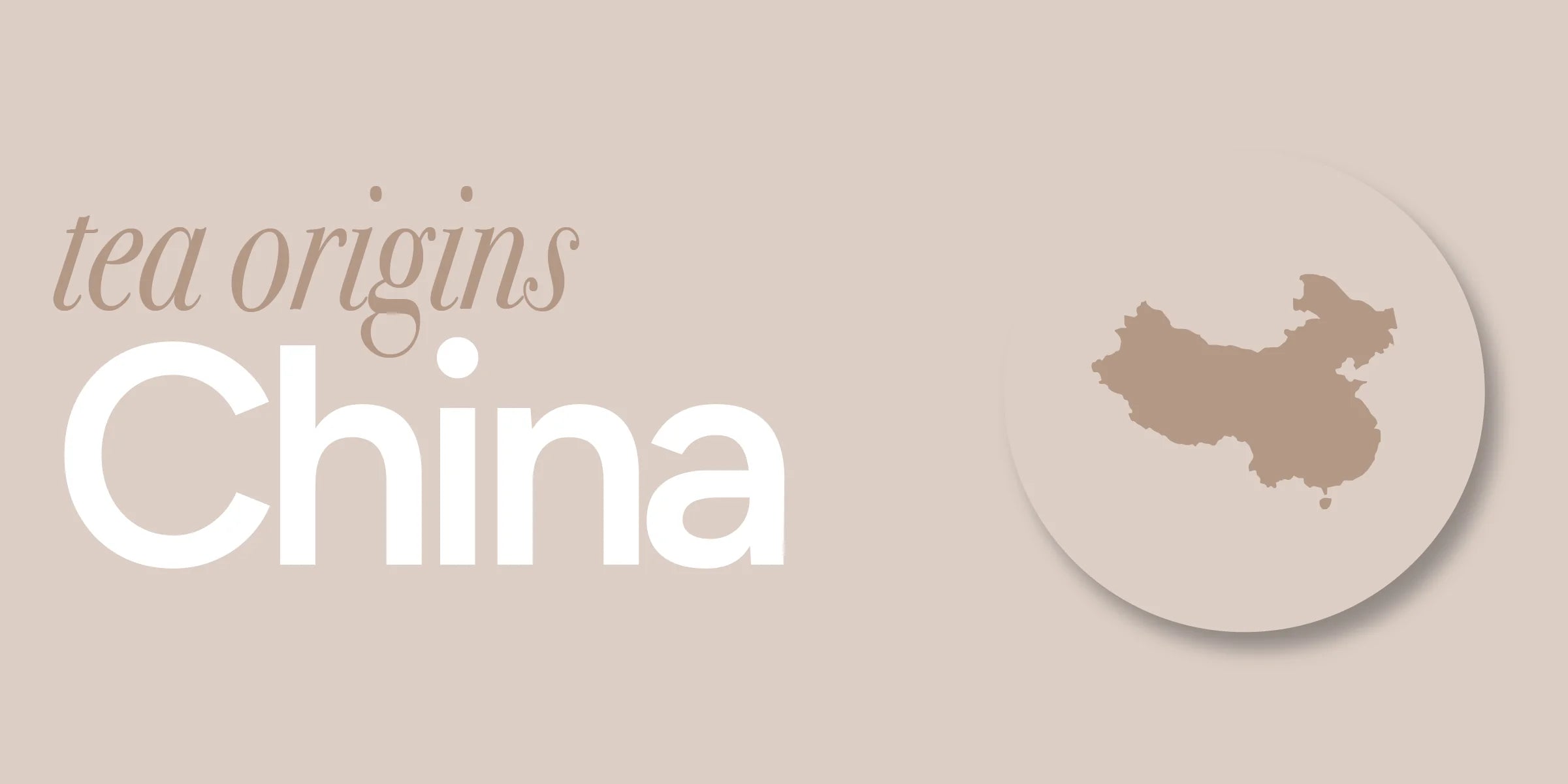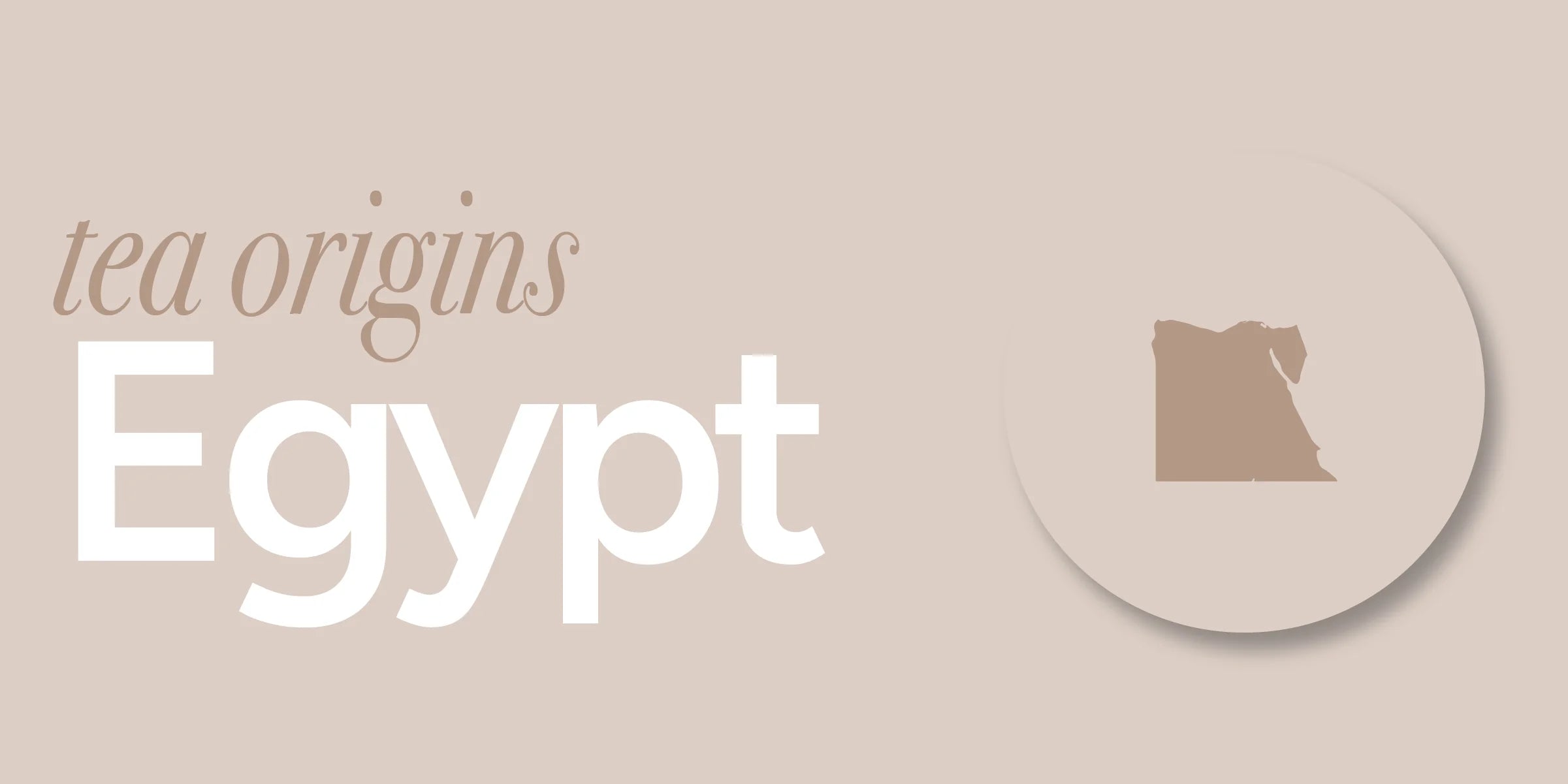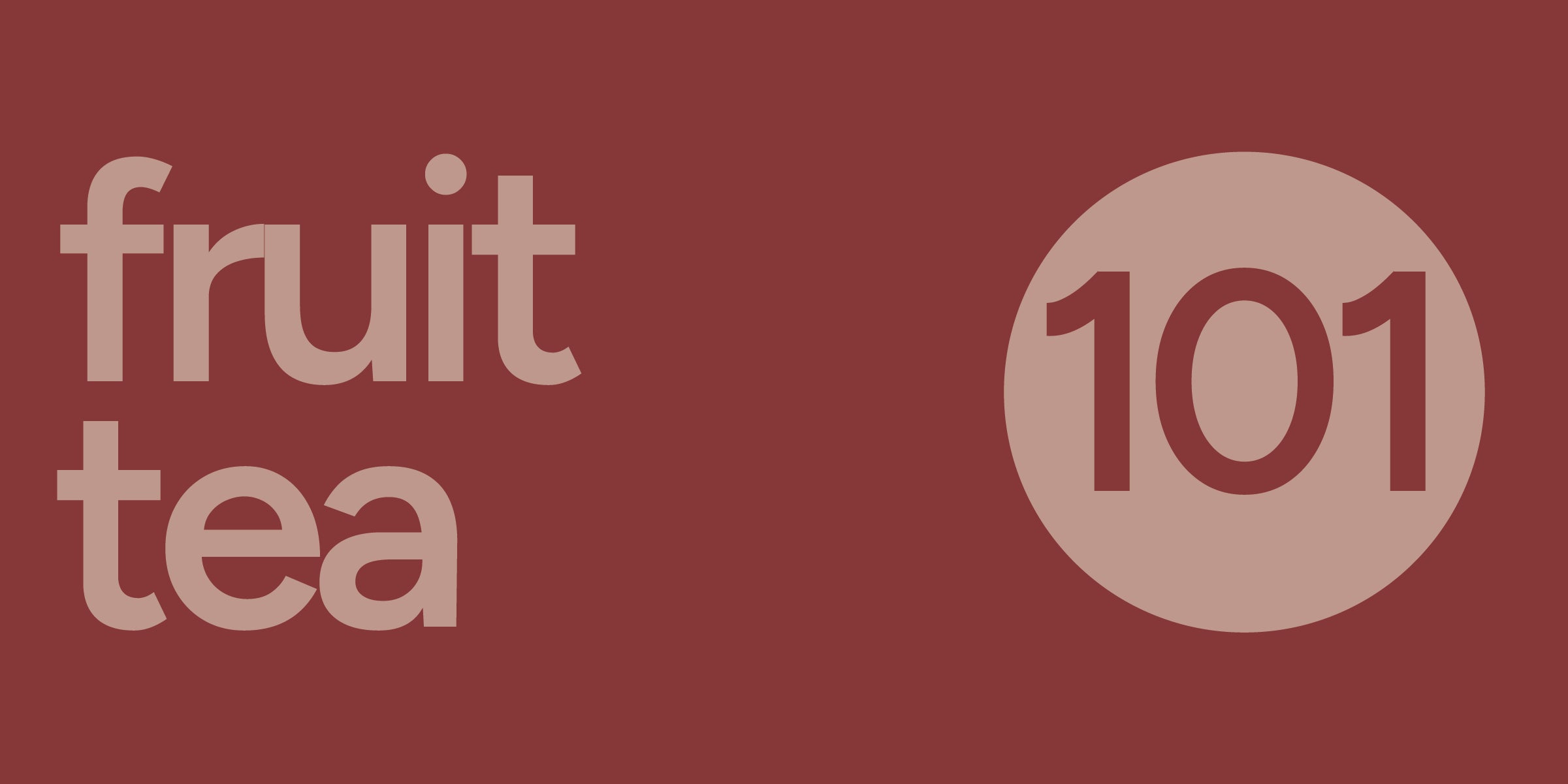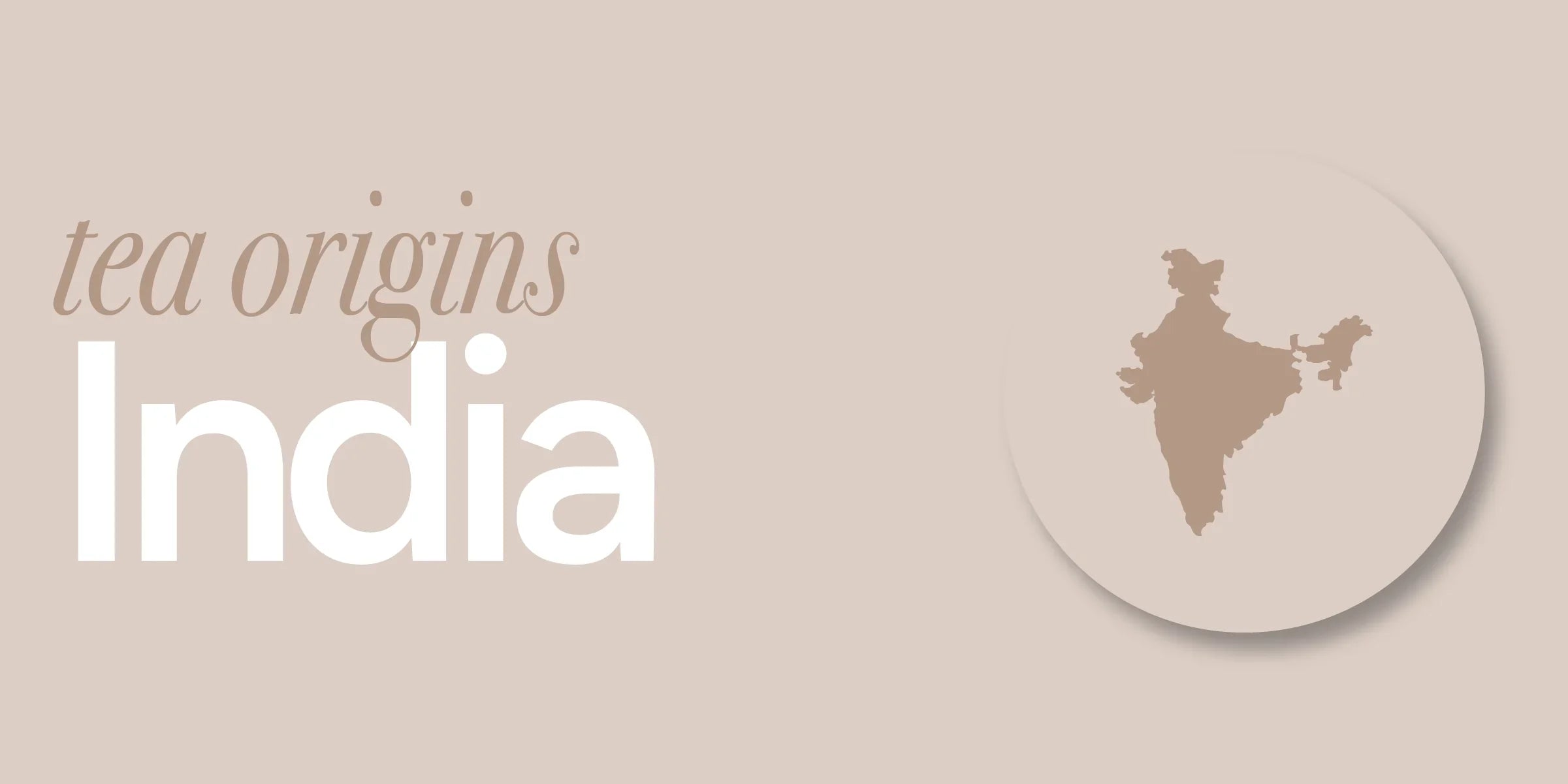Today, we are diving into the origins and benefits of one of our favorite tea ingredients, Hibiscus. Hibiscus is a beautiful and fascinating flower that contributes to the taste and look of tea while also offering numerous health benefits. Did you know that Hibiscus is good for your blood pressure? Keep reading and I bet you'll learn a little more.
Hibiscus Tea Flavor
To truly enhance the enjoyment of drinking tea, an ingredient that is visual, flavorful, and a benefit to one's health is helpful for the overall experience. Hibiscus checks off each of those boxes and is one of our favorite blend additions at Hackberry, both for us and our customers. This tropical flower produces a vibrant red hue to our teas as well as a delicious tartness that adds a punch of flavor to every infusion. Our hibiscus tea blends are often mixed with other fruits, spices, and tea leaves, with black and green tea being the most popular. Hibiscus-focused teas can be enjoyed hot or iced and with its sweet and bright taste, can become a healthier alternative to fruit juices. The flavors are often compared to cranberry or pomegranate juice. The addition of honey or sugar can give it a complimentary sweetness that makes it the perfect tropical-themed beverage.
Hibiscus Tea Origin
Now, where did hibiscus tea originate? Hibiscus comes from the Hibiscus sabdariffa plant. The plant blooms large, trumpet-shaped flowers and is native to regions with subtropical and tropical climates. Specific varietals of the plant are known to thrive as indoor and outdoor plants throughout the U.S. Hibiscus teas are part of the herbal tea, or tisane, family. Teas in this category do not contain the Camellia sinensis plant, which is the main ingredient in black, green, and oolong teas (among others). Any tea made from plant material that is not from the Camellia sinensis (like its fruit, flowers, stems, seeds, roots) is considered an herbal tea, or tisane. The specific part of the plant that hibiscus tea leaves are made from is called the calyx. The calyx is what protects and supports the flower. Once the calyx is boiled down, the tea leaves produce a deep ruby-red color and tart flavor.
Hibiscus Tea Benefits
In addition to its delicious flavor and appealing color, hibiscus tea comes with a plethora of health benefits. It is rich in Vitamin C, antioxidants, and minerals such as calcium, iron, and magnesium. In Africa, hibiscus tea was initially used as a medicinal beverage. It was often consumed to decrease body temperature, prevent heart disease, lower blood pressure and high cholesterol, and treat poor immune systems and digestion. According to a report published by the American Heart Association in 2008, individuals with hypertension or at risk of developing it experienced a significant reduction in high blood pressure after consuming hibiscus tea. Continued studies are showing that the anti-inflammatory properties of hibiscus tea are significantly lowering systolic and diastolic blood pressure.
Hibiscus Tea & Blood Pressure
The heart health benefits correlated with hibiscus tea are believed to be caused by compounds called anthocyanins. This is the same natural chemical that gives berries their profound red or purple color. Along with blood pressure, hibiscus can help individuals with dyslipidemia manage their cholesterol numbers and high triglycerides. This reduction of cholesterol can extend to those with diabetes. Studies have shown that daily consumption of hibiscus tea significantly increased HDL (good) cholesterol and lowered LDL (bad) cholesterol and triglycerides. Anthocyanins are also helpful in supporting the immune systems and treating urinary tract infections. As with any product promoting health benefits, always consult your doctor before using hibiscus tea as a medicinal beverage. There are certain medications, especially those that lower blood pressure, that do not interact well with hibiscus. It is also recommended not to consume if pregnant as it can induce menstruation or cause premature labor.
Hibiscus is a fantastic ingredient to add to a wide range of teas, both for its flavor and health benefits!
